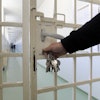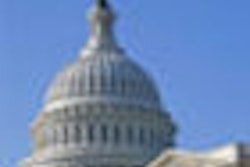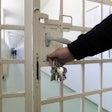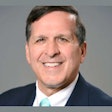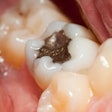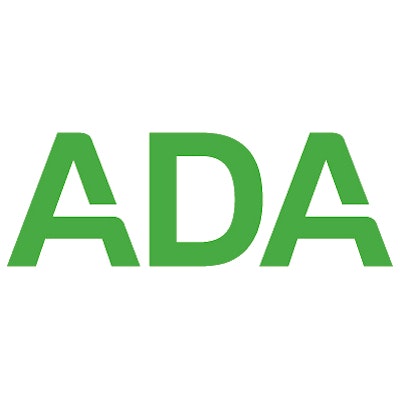
In an effort to end licensing exams that use live patients, the ADA is creating its own exam to test the clinical competency of dentists. The association plans to have the exam developed, tested, and available for states to license by 2020.
The new licensing exam will be a dental objective structured clinical examination, also known as a dental OSCE (pronounced ah-ski). These examinations have been used for decades in other health fields, including medicine, nursing, and physical therapy, as a way to measure test takers' clinical and critical thinking skills without them having to practice on patients.
“There are a lot of ethical problems with using patients.”
"There are a lot of ethical problems with using patients," said ADA President Gary Roberts, DDS, in an interview with DrBicuspid.com. "One of the biggest ones to me is what if the student fails? Who takes care of the patient?"
The ADA first called for an end to testing on live patients by 2005. However, after unsuccessfully getting state boards and testing agencies to agree on a way to move forward with the idea, the association took action.
"We'd been looking for a long time to take patients out of the examination," Dr. Roberts said. "We thought this was going to be the best, quickest, most ethical way to get it started."
The need for a valid, ethical test
During an OSCE, test takers move through stations, using the knowledge and skills they have acquired throughout school to answer clinical questions. The stations may include multimedia, such as video or x-rays, as well as a fictional patient's background and history.
 Dr. Gary Roberts. Image courtesy of the ADA.
Dr. Gary Roberts. Image courtesy of the ADA.Canada has used a dental OSCE since the 1990s for licensing dentists, and it has proved to be a valid way to test graduating students. Meanwhile, live patient testing has not only been an ethical concern for many U.S. dental professionals, but some have also questioned the validity of traditional clinical licensing exams.
Because of these concerns, Colorado, Washington, and Minnesota now all accept Canada's OSCE for dental licensure in their states. Furthermore, the University of Minnesota School of Dentistry, the state's only dental school, will no longer allow traditional licensing exams onsite in 2018.
Other states, including New York and California, have opted for portfolio or yearlong residency requirements instead of the OSCE. David Chambers, MBA, PhD, said the problem isn't testing competency on patients, but rather with the "one shot" formula of traditional exams. Chambers, a former associate dean at the Arthur A. Dugoni School of Dentistry, has written several scientific papers on the ethical issues of licensing exams.
"Competence to practice dentistry must be based on performance on patients," he said. "The failure of the current system stems from using too small a sample of each candidate's work to be valid."
While Dr. Roberts believes portfolios can be a good way to test students, he also said the ADA is trying to create an exam that can be used nationally, and some schools are reluctant to adopt portfolios because of the cost involved.
Countdown to the new exam
The process to create the OSCE has already been set in motion, with the ADA's testing department set to hire two more people to work on the exam through 2018. The association then plans to have a pilot in states that accept an OSCE by 2019. Once the ADA has created the exam, the association will license it to states by 2020.
The goal is to have states gradually accept the OSCE for licensing requirements until it's accepted nationwide. Dr. Roberts said he realizes this could take decades, but he believes the end result will be well worth the effort.
"If this works like we think it's going to, it's going to be a slow process. It's not going to be overnight. But we can use this means to get there in the end," he said. "And if we do, dentistry and students will be better off for it, and in the end, the public will be better off for it."



